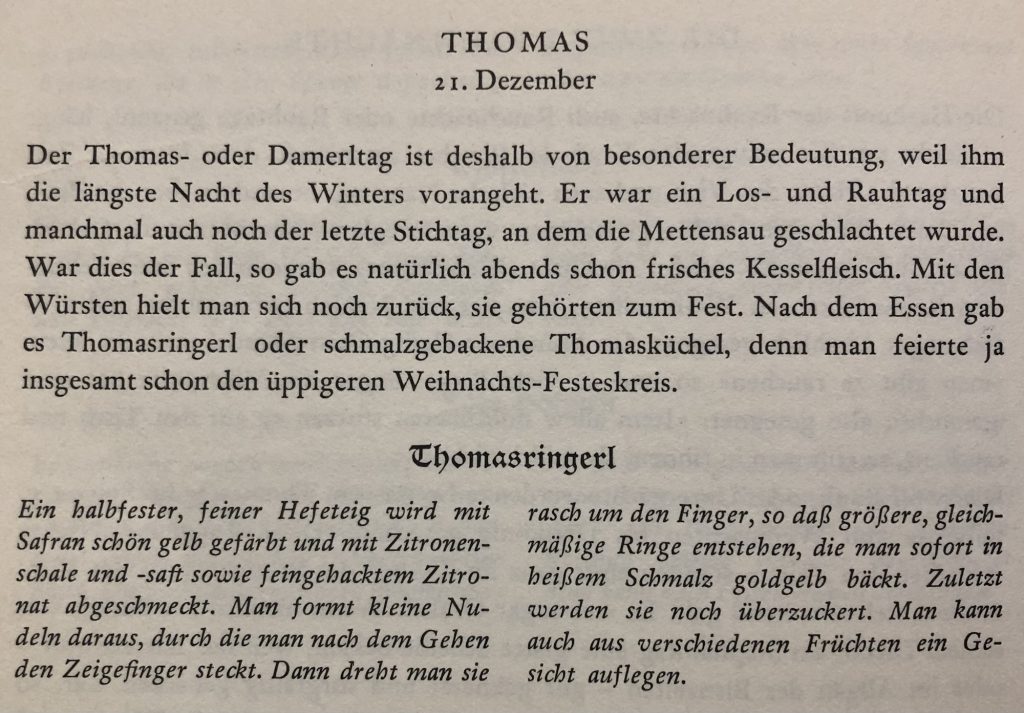Food offers a bountiful table from which to dine when it comes to linguistics and etymology. A name that has long puzzled me is Tamerl, one which I’ve only encounted while dining at the Most & Weinschenke Tamerl in Griffen, and this is a seldom, but cherished, occurrence. My first, and clearly wrong, thought was that it could somehow be related to Tamerlaine, but that made little sense even without doing any further digesting (as it were)—plus, lopping off -aine would have taken some linguistic gymnastics, the likes of which would likely have proved nigh impossible.
Nevertheless, after much rumination, I still had found no suitable answer and let the matter rest without further thought. Sometimes a Google search is all that’s needed, e.g., checking the Bairisches Wörterbuch online*, but I always put it on the back burner (especially since a Most was making its way to the table for me). Tamerl hadn’t yet been tamed, but many words that pepper my life never find a suitable p(a)late.
As one is wont to do, I found myself perusing Das altbarische Küchenjahr: Ein kulinarisches Kalender** by Erna Horn (ISBN: 3-7913-0074-1, Passavia Druckerei AG Passau, 1974) when I happened upon an entry in the “Kleiner Küchendolmetsch” found at the end of the cookbook. To my surprise there stood at the beginning of the D’s the entry Damerl “Thomas” (p. 309). This Doubting author had no reason to believe he’d ever find the meaning, yet there it was in a cookbook glossary of all places! The reason the name had been included in a cookbook is due to the long Catholic tradition of saints’ days—and Saint Thomas’ day is December 21. From the cookbook’s entry on that day:

So, next December 21, tip your hat to the nearest Thomas and wish him a terrific Damerltag.
*There are also a few items from the questionnaire available from the Bairisches Wörterbuch that may provide a morsel for an updated entry one day:


What significance these lexical items have is unclear—is there another lexical item similar to the nickname for Thomas? Where does the Russen- prefix come from? Is question 37 connected to the term damisch?
**A quick glance over the rest of the cookbook glossary shows a few other interesting tidbits to gnosh on later: Mahda = Montag; Irta (von: Erchtag) = Dienstag; Pfinsta (von: Pfinztag: fünfter Tag der Woche, vom Samstag an gezählt). Sunda (Sonntag) strikes me as not having been necessary for inclusion in the glossary. All that said, perhaps another day for the days of the week.
